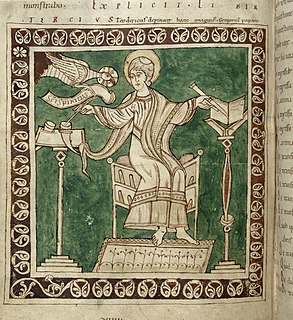A Quote by William Shakespeare
Our purses shall be proud, our garments poor; for 'tis the mind that makes the body rich
Related Quotes
An affectionate disposition not only makes the mind more peaceful
and calm, but it affects our body in a positive way too. On the
other hand, hatred, jealousy and fear upset our peace of mind, make
us agitated and affect our body adversely. Even our body needs peace
of mind and is not suited to agitation. This shows that an
appreciation for peace of mind is in our blood.
We know that we are happy when our mind is peaceful, and unhappy when it is not. It is therefore clear that our happiness depends upon our having a peaceful mind and not on good external conditions. Even if our external conditions are poor, if we maintain a peaceful mind all the time we shall always be happy.
Realizing that our minds control our bodies while our bodies reflect our minds amounts to understanding the most fundamental aspects of ourselves. It further equals a comprehension of the relationship between our "tools." And since the mind and body are interrelated, this understanding makes it easier to see why coordinating them is a practical way of using these tools to greatest effect-a way of using the mind and body to live our lives as art.
Nakamura Tempu Sensei viewed the mind as a segment of the body that could not be seen and the body as the element of the mind that was observable. He also likened the mind and body to a stream, with the mind as the source flowing down to the body. Whatever we drop in the stream will be carried down by the current. In like manner, our thoughts will influence the body and our well being.
We notice that the mind is a restless bird; the more it gets the more it wants, and still remains unsatisfied. The more we indulge our passions the more unbridled they become. Our ancestors, therefore, set a limit to our indulgences. They saw that happiness was largely a mental condition. A man is not necessarily happy because he is rich, or unhappy because he is poor.... Millions will always remain poor.
Let none falter who thinks he is right, and we may succeed. But if, after all, we shall fail, be it so: we still shall have the proud consolation of saying to our consciences, and to the departed shade of our country's freedom, that the cause approved of our judgment and adored of our hearts, in disaster, in chains, in torture, in death, we never faltered in defending.




































